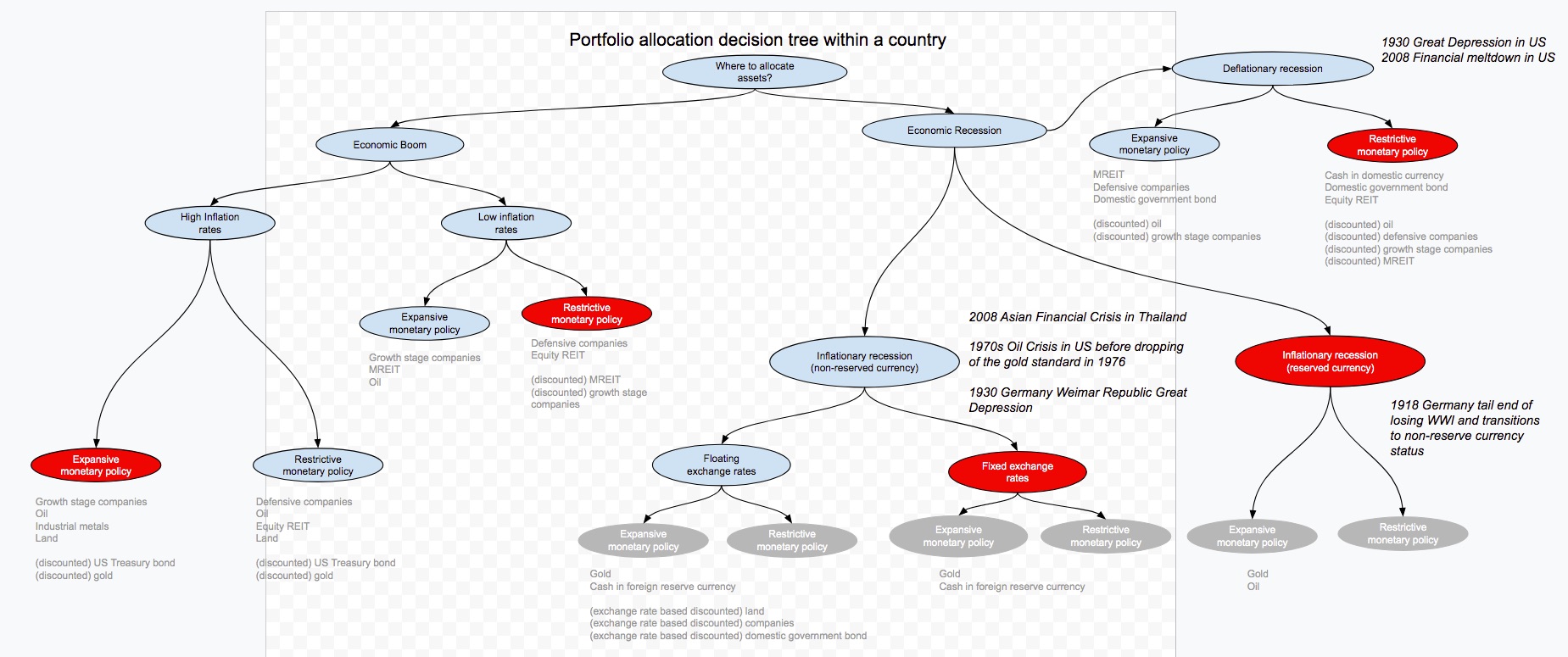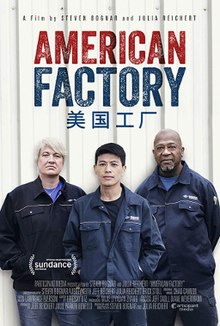Nuclear bombs are deterrents and weapons of last resort. Cyber attacks are tools are massively disruptive tools that could be used with plausible deniability.
White house open the pandora box when they disrupted Iran’s nuclear program with cyber attacks. They now faces challenge of cyber attacks from China, Russia and North Korea.
Types of attacks
- Intellectual property theft
- Infrastructure disruption – banks, power plants road, nuclear plants
- Commercial sector disruption
- Intelligence leakage leading to compromised safety of field agents
- Compromised voting process through fake news
- ransomware
- venture capital investments to acquire foreign assets
After observing Obama successfully utilizing social media to win the elections and the Arab springs uprising, the west was lead to believe a web that promoted open communications will lead to the spread of democracy around the world . However, it was not long before authoritarian states realized it’s potential use for big brother surveillance.
North Korea
North Korea has the largest and most sophisticated hacker networks. And they have an asymmetrical advantage because most of their systems are not modernized and not probes to hacking. US embraced technology in both the private and public sector. Each wave of technology adoption leads to exposure of new vulnerable loops holes.
North Korea hacked Sony to prevent the release of “The interview”. It fell under the grey area where the US government did not respond.
China
Chinese hacks were initially targeted at acquiring intellect property to further their own technological advancement. Chinese government hack knowledge and pass them to Chinese companies.
This was the chief reason for Google’s exit from China.
China has recently positioned itself to be a source of venture capital funding to acquire Silicon Valley technology knowhow. By not outright acquiring these companies they were able to fly under the radar.
Russia
Hacked into US government system to figure out the agenda of each future presidential candidate.
Bought Facebook and Twitter ads to influence 2016 US elections. It also used Fake News to muddle facts from the truth.
It’s agenda is to ensure former USSR territories do not join Europe.
It’s team disrupted Ukrainian elections by causing critical systems to shut down.
White house challenges
White house struggles between determining if a hack should be considered a attack to the state or simply an act of vandalism that should be handled by the courts.
Exposing a hack without an accompanying comprehensive solution will only alert hackers to alter their approach while causing public hysteria.
It is hypocritical to condemn another country for cyber attacks if your own country is undertaking the same type of hacks. HuaWei is a classic example. If the entire world switches over to HuaWei, US intelligence’s ability to do surveillance will be compromised in favor of China’s ability to do surveillance.
Silicon Valley giants are reluctant to acknowledge their platform can be a vector for compromising democratic process.
General thoughts
Technology is value agnostic. The way its applied is predicated by the value system of the user.
Mentioned companies
- Crowd strike
- Google
- Facebook
- Twitter





